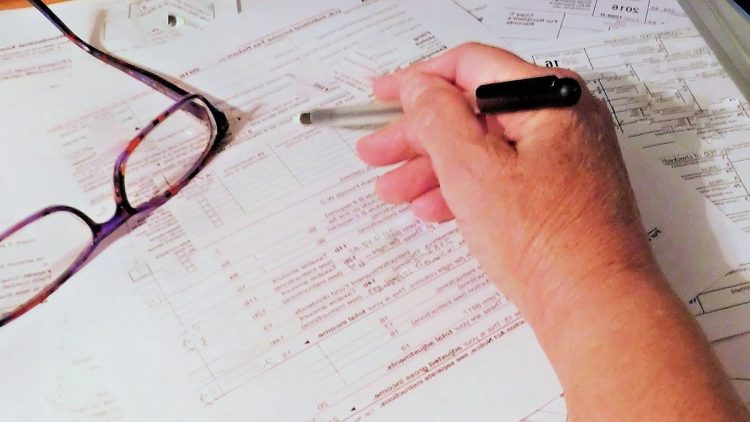What is a Tax Lien?
Federal tax liens are the government’s legal claim toward your property if you disregard or fail to pay your tax debt. The lien safeguards the government’s involvement in all of your property, comprising of real estate, private property and financial assets. Federal tax liens exist following:
The IRS:
- Posts your overdue balance on the books (evaluates your liability);
- Mails you a notice explaining the amount you owe (22 CFR § 34.8); and
You:
- Disregard or decline to entirely pay the debt in time.
The IRS files public paperwork, known as Notice of Federal Tax Lien, to give notice to creditors that they legally have rights to your property.
How to Be Free of Your Tax Lien
Paying your tax debt – entirely – is the ideal way to be free of your federal tax lien. The IRS discharges your lien within 30 days following you having paid the tax debt owed by you.
When circumstances are in the best interests of both you and the government, other options for decreasing the effect of a lien exist.
Discharge of property
A “discharge” withdraws the lien from particular property. There are numerous Internal Revenue Code (IRC) requirements that establishes eligibility.
Subordination
“Subordination” doesn’t eliminate the lien but enables other creditors to move in advance of the IRS, in which could make it easier to obtain a loan or mortgage.
Withdrawal
A “withdrawal” eliminates the public Notice of Federal Tax Lien and asserts that the IRS is not in competition with additional creditors for your assets; nevertheless, you are still responsible for the amount owed.
2 added Withdrawal alternatives were the consequence of the Commissioner’s 2011 Fresh Start initiative.
One option may permit withdrawal of the Notice of Federal Tax Lien following the lien’s discharge. Common eligibility comprises of:
Your tax liability has been fulfilled and your lien has been discharged; and also:
- You are in accordance with the prior 3 years in filing – every individual return, business return, and informational return;
- You are up to date on your approximated tax payments and federal tax deposits, as relevant.
The other alternative may permit withdrawal of your Notice of Federal Tax Lien if you have entered in or modified your regular installment contract to a Direct Debit installment contract. Common eligibility comprises when:
- You are a qualifying taxpayer (such as individuals, businesses having income tax obligation only, and out of organizations with any kind of tax debt)
- You owe twenty-five thousand dollars or less (When you owe more than twenty-five thousand dollars, you could decrease the balance to twenty-five thousand dollars before petitioning withdrawal of the Notice of Federal Tax Lien)
- Your Direct Debit Installment Contract is required to fully pay the amount owed by you inside of sixty months or prior to the Collection Statute expiring, whichever comes first
- You are fully compliant with other filing and payment obligations
- You’ve carried out three direct debit payments in a row
- You cannot have defaulted on your present, or any prior, Direct Debit Installment contract.
How a Lien Impacts You
- Assets — A lien is attached to each of your assets (like property, stocks, vehicles) and to future assets obtained throughout the length of the lien.
- Credit — After the IRS has filed a Notice of Federal Tax Lien, it could limit your capacity to obtain credit.
- Business — The lien is attached to all business property and to every right to business property, including assets.
- Bankruptcy — When you are filing for bankruptcy, the tax debt owed, lien, and Notice of Federal Tax Lien could continue following the bankruptcy.
Avoid a Lien
You can avoid federal tax liens simply by filing and paying each of your taxes in full and when they are due. If you aren’t able file or pay when they are due, don’t disregard the letters or communication you receive from the IRS. If you are unable pay the full amount owed, payment options are available to assist you in settling your tax debt in due time.
Lien vs. Levy
Liens are not levies. A lien attains the government’s involvement in your property when you fail to pay your tax debt. A levy is going to take the property to pay the tax debt. If you fail to pay or make arrangements for settling your tax debt, the IRS could levy, seize and sell any kind of tangible or personal property that you are owner of or have an interest in.
Tax Settlement in Mesa, Arizona
If you need IRS Debt Help, Tax Debt Settlements or Tax Debt Advising in Phoenix, Mesa or anywhere else, Tax Debt Advisors can help! Give us a call at 480-926-9300 or fill out our contact form for a free consultation.

